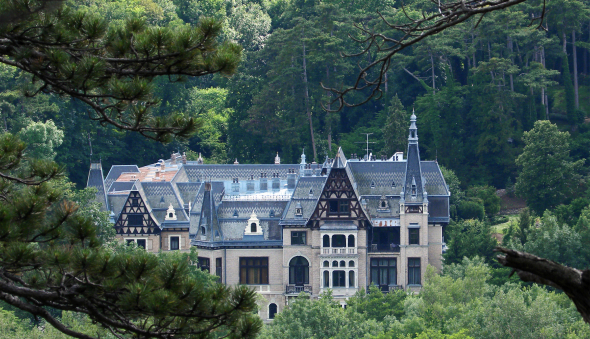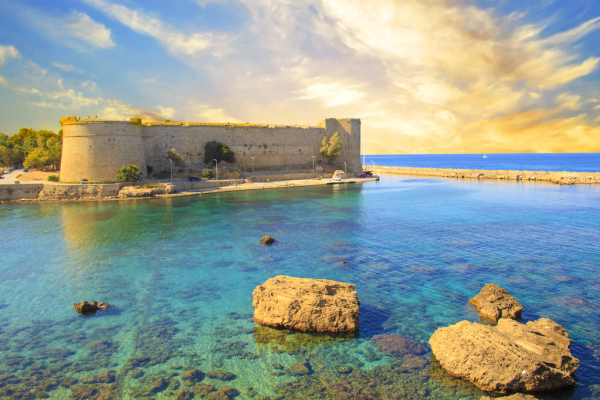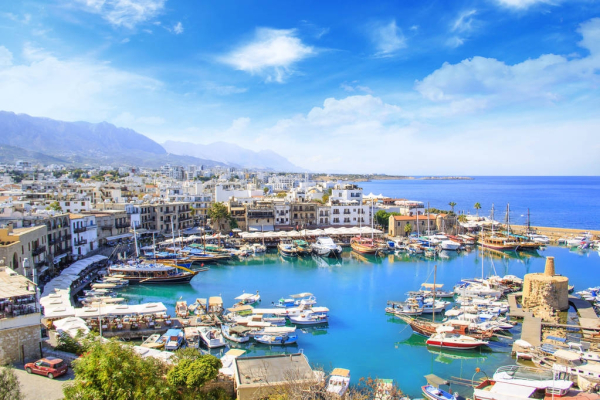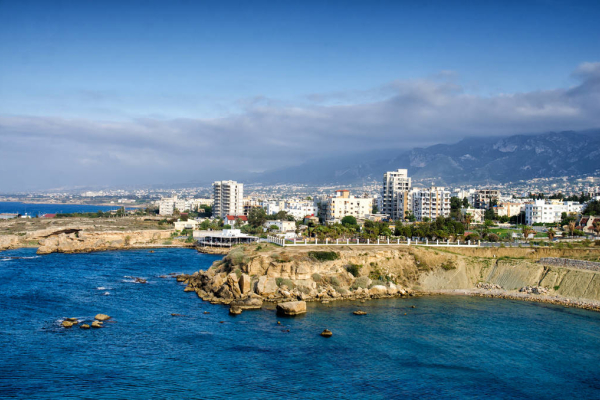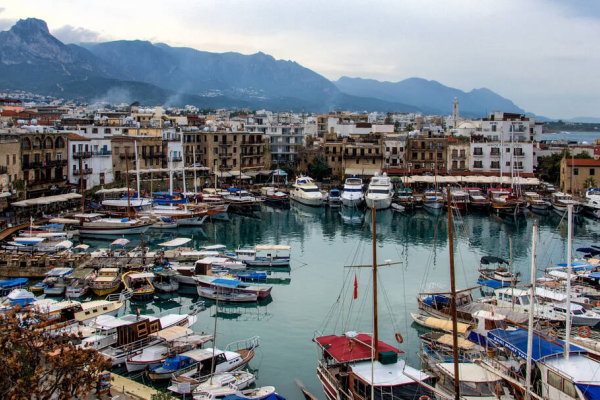Northern Cyprus
GENERAL INFORMATION
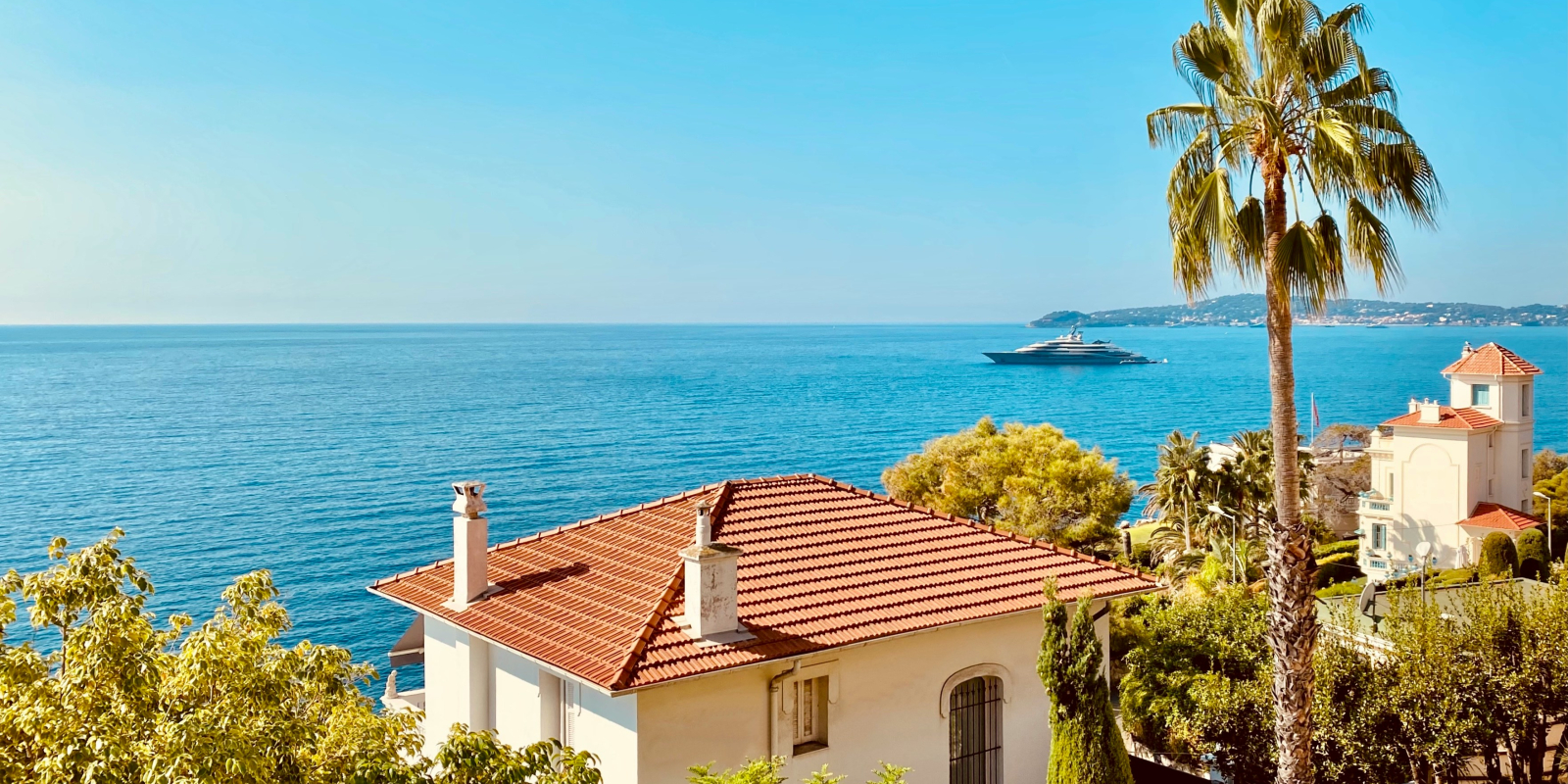
GEOGRAPHY AND CLIMATE
Northern Cyprus is located in the eastern part of the Mediterranean Sea, occupying the northern part of the island of Cyprus. It is bordered by the Mediterranean Sea to the north and east, and the Republic of Cyprus to the south. The island's strategic location between Europe, Asia, and Africa makes it an important crossroads of cultures and civilizations.
Northern Cyprus is known for its picturesque landscapes, including the Kyrenia mountain range that stretches along the northern coast, and the fertile Mesaoria plains in the center of the island.
The mountains are covered with dense forests, and the coastline is adorned with beautiful beaches with crystal clear water.The climate of Northern Cyprus is typically Mediterranean, with hot, dry summers and mild, wet winters. Summer lasts from May to October, with temperatures often exceeding +30°C, while the winter months (December-February) have an average temperature of around +10-15°C.
Precipitation occurs mainly in the winter, creating favorable conditions for agriculture.
ECONOMY AND INFRASTRUCTURE
The economy of Northern Cyprus is based on tourism, agriculture, and education. Tourism is the main source of income, thanks to numerous historical sites, scenic beaches, and a warm climate. Agriculture is also an important sector, producing citrus fruits, olive oil, vegetables, and wine.
Northern Cyprus has well-developed infrastructure. There are two international airports—Ercan and Geçitkale—which provide connectivity to various countries. The road network covers the entire island, ensuring convenient travel between cities and tourist attractions. The ports of Kyrenia and Famagusta serve as important hubs for maritime transport.
ECOLOGY AND NATURE
Northern Cyprus is renowned for its rich nature and ecological diversity. The island features unique ecosystems, including pine forests, salt lakes, and coastal dunes. The local flora and fauna include many endemic species, making the region attractive for nature lovers and eco-tourism.
Numerous rare species of birds, reptiles, and mammals inhabit the area. The underwater world of Northern Cyprus is also rich and diverse, attracting divers from around the world. The Mediterranean Sea in this part of the island is clean and warm, making it ideal for swimming and water sports.

ADVANTAGES OF LIVING IN NORTHERN CYPRUS
Northern Cyprus offers comfortable living conditions thanks to its mild climate, beautiful landscapes, and rich history. The region is known for its tranquility and safety, low crime rate, and the friendliness of the local people.
The healthcare and education systems are well-developed, making it attractive not only for tourists but also for permanent residence. Additionally, the cost of living in Northern Cyprus is more affordable compared to many European countries.
CULTURAL HERITAGE
Northern Cyprus boasts a rich cultural heritage that reflects the region's complex history. You can find monuments from the ancient, Byzantine, and Ottoman eras, as well as numerous museums and archaeological sites. Notable sites include the Kyrenia and St. Hilarion castles, the ancient city of Salamis, and the Bellapais Abbey.
These attractions draw tourists and researchers interested in the history and culture of the Mediterranean. Numerous festivals and cultural events held on the island offer deeper insights into local traditions and lifestyle.
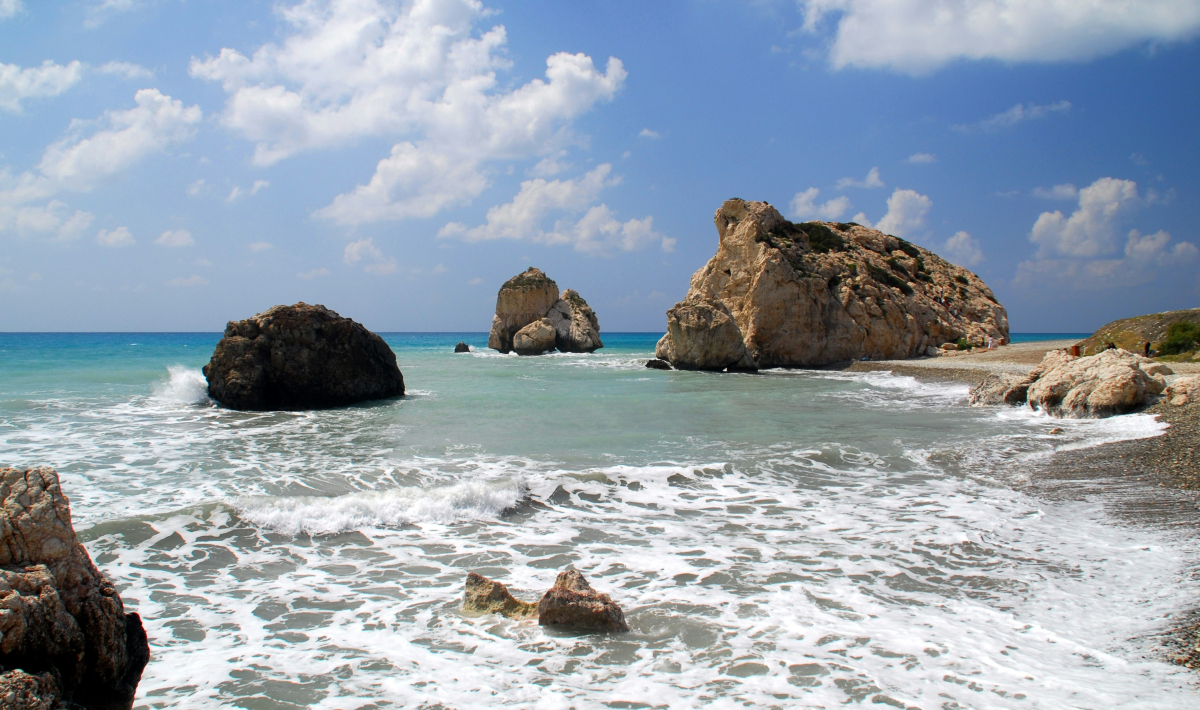
EDUCATION
The education system in Northern Cyprus meets European standards and offers a high level of learning. Several universities, including Eastern Mediterranean University and Cyprus International University, attract students from all over the world.
Education is accessible to both local residents and international students, providing them with opportunities to obtain internationally recognized diplomas. Thus, Northern Cyprus combines natural beauty, rich cultural heritage, and high living standards, making it an attractive place for both tourists and permanent residents.
.
Best real estate deals in Northern Cyprus
Regions:
By sending a message, you thereby accept the user agreement and confirm that you have read and agree to the privacy policy of this website.







